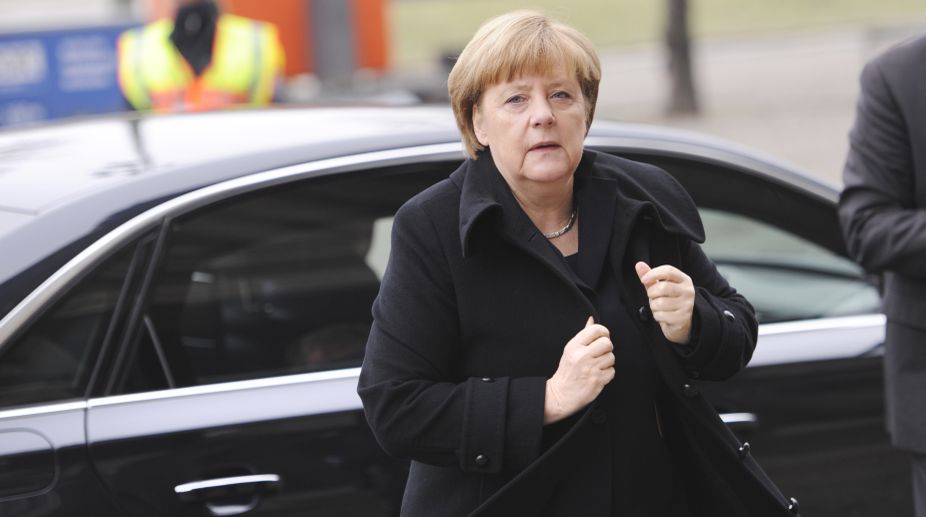Angela Merkel has regained her position as Chancellor of Germany and her tenure in that rarefied office in Europe will now stretch far beyond a decade.
The new coalition of her Christian Democrats and the Social Democratic Party (SPD), that has been forged five months after the elections, is in itself a testament to the country’s contentious politics over the migrant’s issue.
It is testament too to her intrinsic skill as a great survivor, one who has the skill to outmanoeuvre opponents. Well and truly has she won over the SPD, which initially ~ at any rate ~ had reservations about joining what it called an “elephant coalition” or “GroKo” (grand coalition).
Markedly, Ms Merkel has won by a convincing margin at the special conference which preceded the coalition exercise. There was a two-thirds majority among SPD members for being in the coalition, while a third backed a youth-led campaign to buttress left-of-centre politics.
And yet the coalition will have to contend with red herrings across the trail. The change in the character of Germany’s politics will resonate beyond the country’s borders.
It reaffirms the renewed power of party grassroots, and the increasing influence of members over the older generation. The deal posits Merkel’s tenure almost wholly in the hands of SPD members, including 20,000 new members ~ a move that has the potential to beef up the Left segment of the party. Merkel is perfectly agreeable to a two-thirds vote of support for GroKo.
Not so the SPD, however. It is yet to reconcle itself to the poor election results and probably also a new leader, Andrea Nahles. She will need to apply pressure on the new government for a clearer pro-Left agenda in order to prevent the one-third of disappointed SPD members from demanding a sweeping change, in the manner of Jeremy Corbyn in Britain.
At the end of the day, Ms Merkel will have to face a major challenge from within her own party not least because her successor will emerge from the ranks of her Christian Democrat party.
The promotion to party secretary of Annegret Kramp-Karrenbauer (AKK), a Christian Democrat from the Saarland in western Germany, marks a departure from years of Merkel loyalists at the helm or the culture of “worship”, as some suggest.
The impending alignments within are suggestive of a redistribution of power in the party from a close-knit pro-Merkel faction. This will signify a change in the power structure of the dominant party, that alone in Europe has demonstrated its sympathy for the privation of the migrants.
For Europe, there will be little change. Merkel has signaled that she sees the French President, Emmanuel Macron, as sharing her worldview, and will use her remaining time to consolidate that link. A weakened SPD might make the coalition even more pro-EU.










